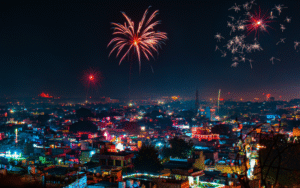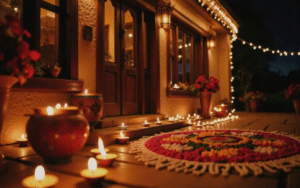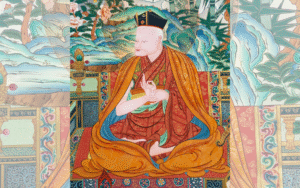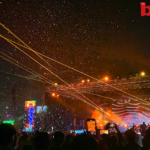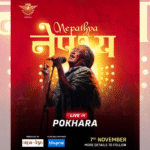Maha Shivaratri-The Night of Lord Shiva

Maha Shivaratri is one of the most significant Hindu festivals dedicated to Lord Shiva. Celebrated on the 14th night of the lunar month of Falgun, this festival holds deep spiritual meaning for devotees across Nepal and India. It is believed that on this night, Lord Shiva performed the divine Tandava dance, symbolizing creation, preservation, and destruction. Many also believe that Shivaratri marks the day Shiva married Goddess Parvati.

Celebration at Pashupatinath
In Nepal, Shivaratri is grandly celebrated at Pashupatinath Temple, one of the holiest shrines of Lord Shiva. Thousands of devotees from Nepal and India flock to this sacred temple, seeking blessings and offering prayers. The temple premises become a vibrant space filled with chants of “Om Namah Shivaya,” ringing bells, and the scent of burning incense. Sadhus, or ascetic devotees of Shiva, covered in ash, gather at the temple, meditating and sharing spiritual teachings. Many believe that visiting Pashupatinath on this day brings immense blessings and washes away sins.

Night Festivities: Fire, Haluwa, and Devotion
Shivaratri is not just about temple visits; the night is filled with unique traditions in local neighborhoods. People light bonfires in toles (localities), symbolizing warmth, devotion, and the destruction of negativity. Friends and families gather around these fires, sharing stories, singing bhajans (devotional songs), and enjoying warm bowls of haluwa (a sweet dish made of flour, sugar, and ghee). The air is festive, yet deeply spiritual, as people stay awake throughout the night in devotion to Lord Shiva.

The Role of Bhang and Dhaturo
An interesting aspect of Shivaratri is the consumption of bhang and dhaturo. Both are associated with Lord Shiva, who is often depicted consuming such substances as a way to transcend worldly distractions and meditate deeply. While some devotees consume bhang in the form of lassi (a yogurt-based drink), others mix it into sweets or smoke it. However, these substances are used in a controlled religious context, and excessive consumption is discouraged.
Shivaratri is more than just a festival; it is a night of faith, devotion, and spiritual awakening. Whether through fasting, prayers at Pashupatinath, lighting bonfires, or sharing haluwa, devotees come together to honor Lord Shiva and seek his blessings for strength and wisdom.
Picture credit: Derikjohn, Ralf Menache, hadynyah, Wirestock
Also Read
Ways to Maintain a Healthy Scalp and Hair
Fruits and Dry Fruits to Ease Period Cramps
Most Popular and Traditional Foods of Nepal
Nepal and Myanmar Draw in an Exciting International Women’s Championship 2025




